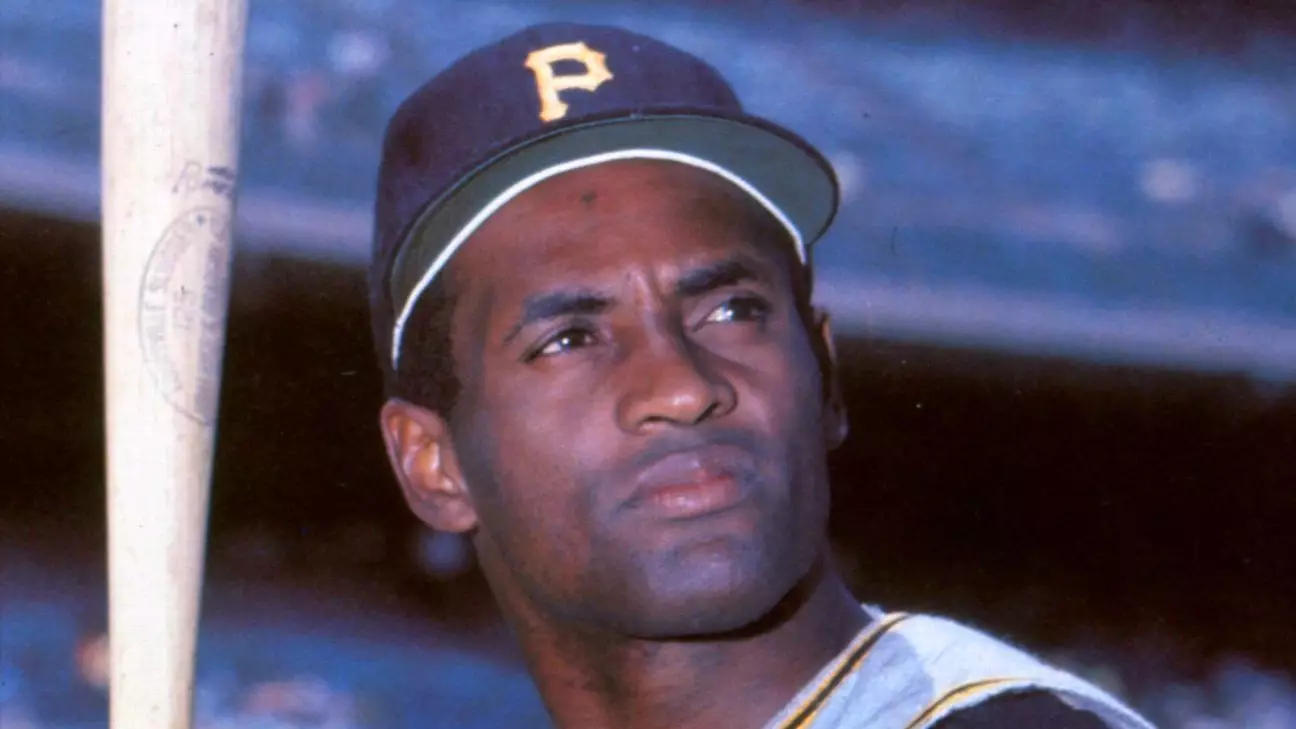In the realm of professional sports, legacies are not merely stats on a page; they are stories of triumph, character, and community impact. Roberto Clemente is a name that resonates powerfully within the fabric of baseball, transcending the boundaries of the sport itself. Unfortunately, the Pittsburgh Pirates have recently sparked outrage by removing a sign commemorating Clemente’s legacy from PNC Park, opting instead for an advertisement that many view as a blatant disregard for history. This incident has not only disheartened the Clemente family but has also reverberated throughout the community and fanbase that holds Clemente’s legacy dear.
The act of replacing the sign, which featured Clemente’s esteemed number 21, with a commercial advertisement for an alcoholic beverage raises significant questions about corporate values versus cultural sensitivity. Clemente’s contributions to baseball and society were multi-dimensional; he was revered not only for his impressive stats but also for his humanitarian efforts and his passionate commitment to helping underprivileged communities. The Pirates’ decision seems to undermine the essence of what Clemente stood for, encapsulated in his life dedicated to service and compassion.
Communication Breakdown and the Impact of Decisions
Roberto Clemente Jr., Clemente’s son, did not hold back in expressing his disappointment over the sign’s removal. In his statement, he made it clear that the absence of communication from the Pirates regarding such a significant change underscores a larger issue—a disconnection between the organization and the family of an icon. The absence of consultation when handling matters so deeply personal reveals a gap that needs urgent bridging. As public entities, franchises have a responsibility to engage with the narratives they represent, especially when those narratives contain profound cultural and emotional significance.
For any sports organization, fostering a connection with legacy figures through mutual honor and dialogue can enrich the community. The overarching motives should be rooted in integrity and respect. The Pirates’ general management acknowledged this misstep but if the feedback from a family’s hurt is taken lightly, one must question how seriously they value their history.
The Weight of Legacy in Sports Culture
Clemente’s legacy is not just important locally but has reached a national and international audience, inspiring countless individuals across continents. Roberto Clemente was not just a ballplayer; he broke barriers, standing as a figure of hope and resilience for many. The significance of his number 21 is such that it has spawned movements; Major League Baseball has made it a point to honor Clemente on September 15 each year as Roberto Clemente Day, celebrating players’ commitment to assisting their communities, something Clemente embodied throughout his life.
Thus, the Pirates’ actions cannot be seen in isolation. They reflect a greater trend in sports culture where commercial interests sometimes overshadow the foundational stories that make teams successful and cherished. This incident is more than an operational error; it is a painful reminder of the need for organizations to remain vigilant stewards of their history, considering the profound real-world implications of their decisions.
Looking Ahead: A Call for Collaboration
As Clemente’s family indicated, this moment could serve as an opportunity for both reflection and action. It is a call to embrace collaborative partnerships that foster genuine respect for history while allowing for the evolution of franchise identity. Building a sincere relationship with Clemente’s family could serve as a turning point for the Pirates, providing an opportunity to weave his legacy into their current narrative, reflecting the values of both the man and the city.
In their public statements, the Pirates have emphasized their devotion to celebrating Clemente’s contributions, showcasing how vital he is to their identity. However, if this commitment is to be taken seriously, tangible actions must follow the words. More than ever, it is crucial for organizations to engage with and honor the voices of those connected to their legacy, ensuring that the legacies they tout are not merely boxes to check but living stories that shape their present and future. The spirit of Roberto Clemente should thrive, not merely as an echo of past triumphs but as a guiding principle for engaging communities through empathy and genuine connectivity.


Leave a Reply